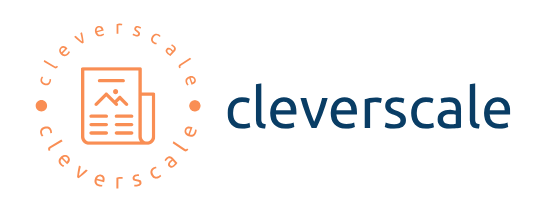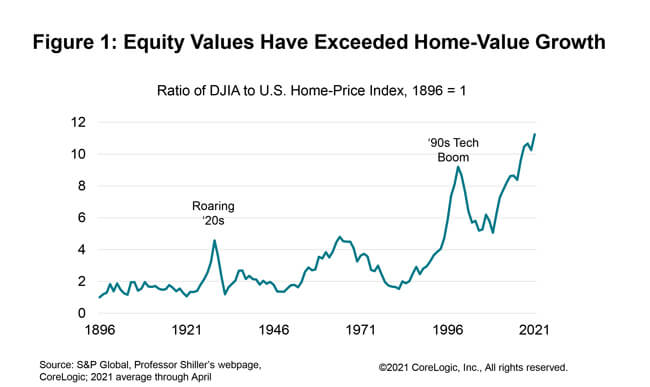
A personal finance advisor advises clients on how best to save, invest, and grow their money. He will assist you in tackling a particular financial goal—such as readying yourself to buy a house—or offer you a macro view of your money and, therefore, the interplay of your various assets. Some concentrate on retirement or estate planning, while some others consult on a range of financial matters.
The people that need a personal finance advisor are those who can’t afford one. If you’re impoverished or firmly within the middle class and can’t seem to make it to the subsequent level, you are the one who could use financial advice. If you’re wealthy, you know you’re doing ok.
Yet many financial advisors simply aren’t interested in working with the middle class. Many firms in recent years have stopped paying commissions to brokers for accounts that are considered small, including accounts ranging from $100,000 to $500,000 in assets. Firms that do take less than those minimums sometimes charge as much as 2 percent in annual fees, though 1 percent is more typical.
When looking for the most effective financial advisors, you’ll find options that range from automated investment management services called Robo-advisors to traditional, in-person financial advisors. In the middle are online financial advisors and financial planning services: These companies offer many of the services of a conventional personal finance advisor, but operate online to reduce fees.
At the start of the process, you ought to think about what sort of financial advisor you would like to meet with fee-based or commission-based. Think about what you are looking for. Are you seeking help with investments and retirement planning, or just someone to go to when you have questions? Some advisors include financial planning in their fees for managing your finances, while others charge a separate fee or hourly rate for advice.
As for how much you’ll pay, it’ll vary counting on where you reside and, therefore, the scope of the work you’re requesting.
Anyone can hang around a shingle as a personal finance advisor, but that doesn’t make that person an expert. They’ll take an alphabet soup of letters after their names, but CFP (short for a certified financial planner) is the most important credential. A CFP has passed a rigorous test administered by the Certified Financial Planner Board of Standards about the specifics of personal finance. CFPs must also commit to continuing education on financial matters and ethics classes to take care of their designation. The CFP credential is a good sign that a prospective planner will give sound financial advice. Still, even people who pass the exam may come up short on skills and credibility. Like all things concerning your money, be meticulous in choosing the proper planner.
To avoid getting scammed, make sure to get references and inspect everything you’ll find on the personal finance advisor online first. And keep in mind, everyone pays something once they hire a financial advisor – and not everyone is out to get you.
But after you find a personal finance advisor, you want to make sure you’re in sync. You’ll be wanting to get away from whether your advisor has a financial philosophy that lines up with yours.

